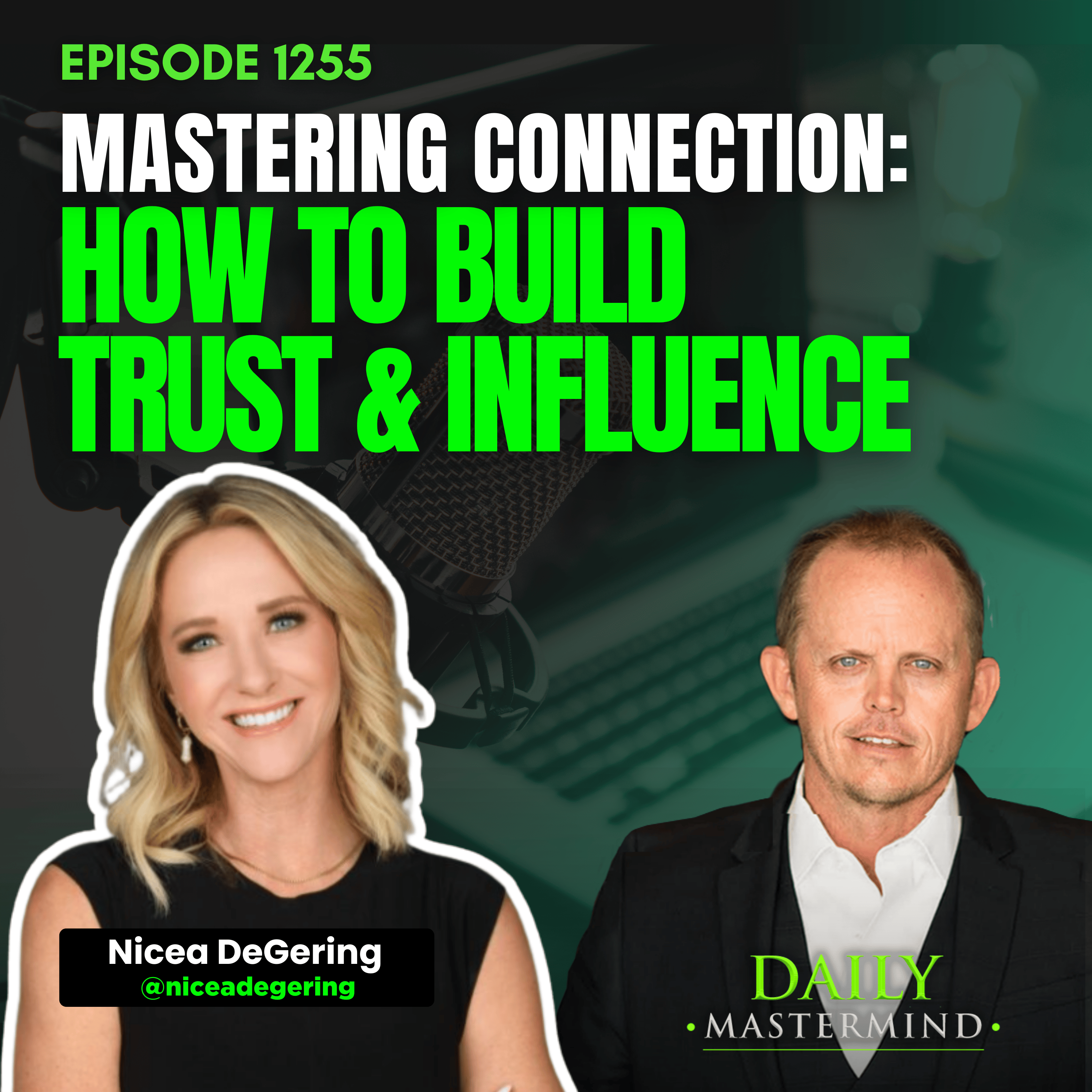
If You Don't Fail You're Not Even Trying
What if failure wasn’t something to fear, but something to embrace? What if the key to success lay in falling forward, learning from our mistakes, and using our unique talents to make a difference in the world? In this blog, we explore a powerful commencement address that challenges us to rethink how we approach failure and success.
If You Don't Fail You're Not Even Trying
Life is full of opportunities, but it’s also filled with risks, challenges, and moments when failure feels inevitable. Yet, it’s in the midst of these challenges that we learn the most about ourselves and our potential. This powerful message was shared by a renowned actor during a commencement address at the University of Pennsylvania, where he urged graduates to reconsider the idea of having a "fallback" plan and instead encouraged them to "fall forward." The concept is simple but profound—failure isn’t something to fear; it’s a necessary part of the journey toward success.
The Fallacy of a "Fallback Plan"
We’ve all heard the advice: "Make sure you have something to fall back on." Whether it’s choosing a practical career or pursuing a safe path, we’re often told to avoid risk. However, the speaker challenges this notion head-on. Rather than relying on a safety net, he argues, it’s far better to "fall forward."
As he explains, "If I’m going to fall, I don’t want to fall back on anything, except my faith. I want to fall forward. This way, at least I’ll see what I’m going to hit."
The Power of Embracing Failure
Failure is inevitable in any journey, but it’s what you do with it that matters. The speaker reminds us of notable figures like Reggie Jackson, who struck out 2,600 times in his career, and Thomas Edison, who failed 1,000 times before inventing the light bulb. Both faced failure head-on and used it as a stepping stone towards success.
He shares a personal story from his own career, when he failed miserably during an audition for a Broadway musical. Despite lacking the singing skills needed for the role, he didn’t give up. Instead, he picked himself up and continued auditioning, eventually landing a role in Fences on Broadway, which went on to win a Tony Award. The catch? The performance was at the very theater where he had failed years earlier.
This story serves as a reminder that success often comes after a series of failures. It’s not about how many times you fall; it’s about how many times you get back up. "You will catch a break," the speaker assures. "If you hang around the barbershop long enough, sooner or later, you’re going to get a haircut."
Failure Means You’re Trying
A crucial lesson shared during the speech is that failure is a sign you’re pushing your boundaries. If you're not failing, you're not challenging yourself. The speaker reflects on a life lived without trying—one filled with regret over missed opportunities. He quotes motivational speaker Les Brown, who asks, "How many ghosts are going to be around your bed when your time comes?"
Imagine standing at the end of your life, surrounded by the ghosts of your unfulfilled potential, the talents you didn’t use, and the dreams you didn’t pursue. The speaker’s message is clear: Don’t let that happen. Don’t settle for a life of comfort and mediocrity. Push forward and take risks.
The World Needs Your Gifts
The world is full of places and people in need, from South Africa to Louisiana to your local community. As the speaker points out, the world needs your unique talents, whether that’s in business, healthcare, art, or any other field. Your education and experiences have prepared you to contribute, and now is the time to give it everything you’ve got.
"Remember this: You will never see a U-Haul behind a hearse," he reminds the audience. The message here is clear: You can’t take material possessions with you when you’re gone. What truly matters is how you use your time, your talents, and your resources to impact others.
What Will You Do with Your Gifts?
At the end of the day, it’s not about how much you have, but what you do with what you have. The speaker encourages everyone to reflect on their individual gifts—whether they are material wealth, knowledge, patience, or kindness—and ask themselves, “What am I going to do with what I have?”
As you embark on your own journey, remember that failure is not the end of the road, but the beginning of something new. Fall forward. Embrace the challenges. And most importantly, use your unique talents to make a difference in the world.

.png)
.png)

